PRODUCTS
CONTACT US
Ningbo Nide International Co., Ltd.
一一
· Contact person:Jack Zeng
· Mob/Whatspp/WeChat:0086-13738869026
· Email:emarketing@nide-group.com;marketing4@nide-group.com
· Add:No. 169, Wohushan Road, Daqi Subdistrict, Beilun District, Ningbo, China
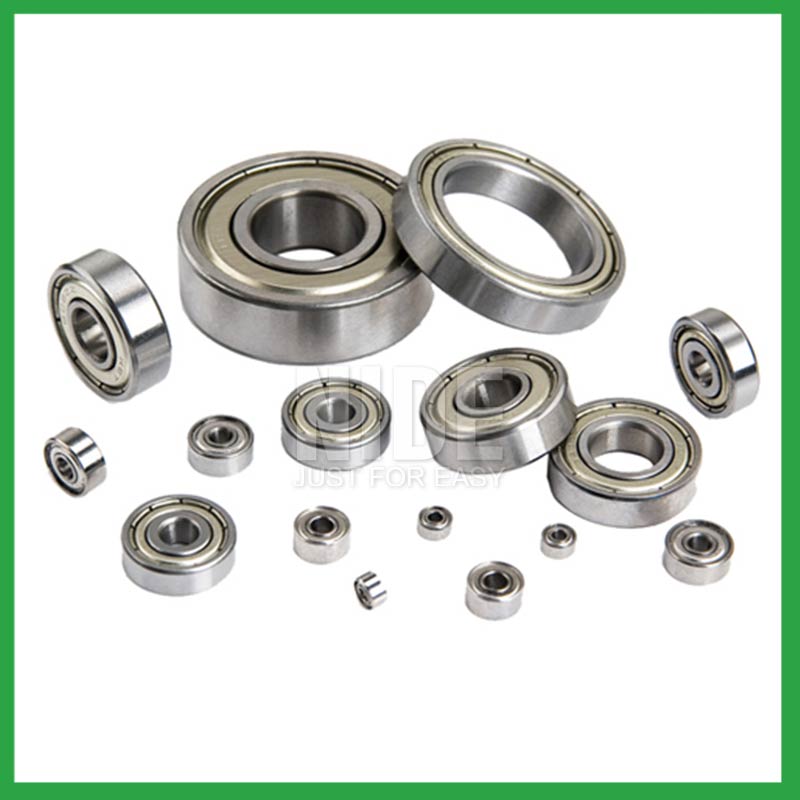
Nide team could manufacture ball bearing as per customer’s drawing and samples.
If customer only has samples, we could also design drawing fo r our customer.
We also provide customized service.
Our ball bearing is widely applied the different industrials.
Haishu Nide International was established in 2010, specializing in the development of precision customized bearings and sales of branded bearings. Provide overall bearing solutions for all customers and assist them in product development. In addition to providing various bearings that comply with international standards and specifications, we also provide services for motor manufacturing technology consultants, project support, and turnkey projects. The company's main products include: commutator,motor cover and lamination,carbon brush,shaft,magnet,thermal protector,insulation paper, etc.
In addition, we provide non-standard bearings according to customer needs and are committed to providing the widest range of services.Our main application areas are water pump motor,electric automotive motor,BLDC motor,servo motor,compress motor,fan motor,air condition motor and other industries.Reliability, responsibility and quick reaction help Nide to win the worldwide customers’ confidence seccesively, so far Nide has supplied products to its customers more than 50 countries.
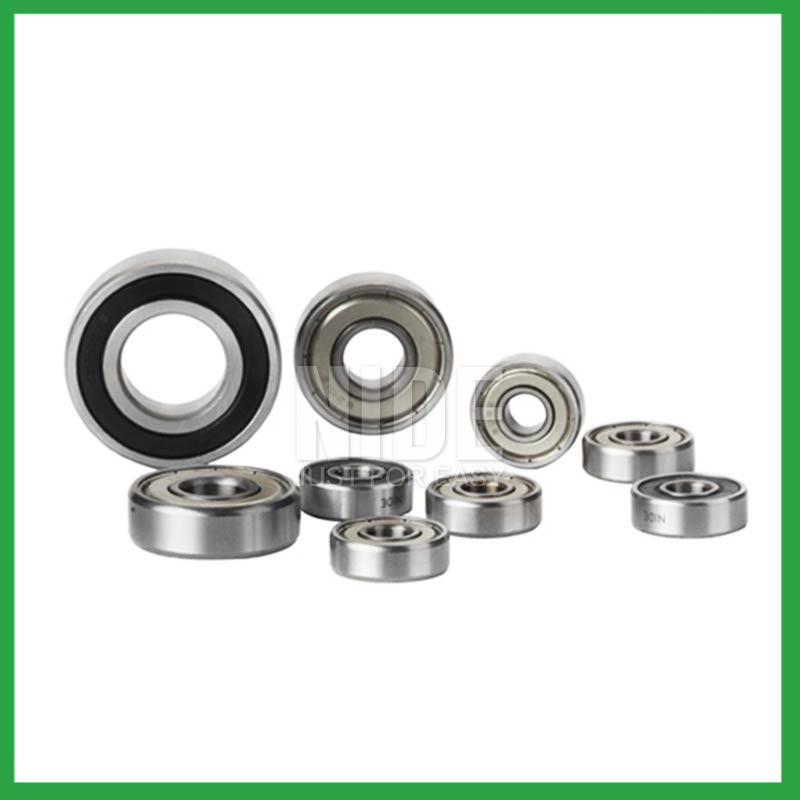
| Parameter | Information |
| Product Name | ball bearing canister damascus |
| Place of Origin | Ningbo,Zhejiang,China |
| Brand Name | Nide |
| Material | ceramics, etc. |
| Type | Ball |
| Warranty | 3months-1year |
| Port | Ningbo/Shanghai |
| Application | food processing machinery,chemical equipment, etc. |
| Size(mm) | customize |
| Color | Silver gray+customized |
| Precision Rating | as per customer's requirement |
| Certification | ISO 9001 Certification,CE-stator coil winding inserting machine,CE-insulation paper inserting machine,etc |
| Feature | High precision,Low Noise...etc |
| Packaging Details | Suitable for sea transportation |
| Service | one-stop service |
| Model Number | ball bearing |
| Supply Ability | 100000-500000 Piece/Pieces per Month |
| Lead time (days) | 15-20 (To be negotiated) |
Please note: The above table data is for reference only. For specific information, please contact us.
ball bearing canister damascus can be used in household appliances, such as vegetable cutters,mixers,barrel machine spindle bearings,washing machines, etc; It can also be used in industrial fields, such as bearing cabinets,weighing machines,motors,dishwashers, etc.
During the disassembly process, the outer shell should be kept intact to avoid unnecessary damage;
When replacing installation components, attention should be paid to the accuracy of the support components to prevent deformation;
During the disassembly process, attention should be paid to protecting the surface quality of the ball bearing to ensure its performance;
During the operation, attention should be paid to removing surface dust to ensure the quality of the ball bearing.
Ball bearings have many advantages, making them highly competitive in the market.
Firstly, they are very durable and have good wear performance, making their service life longer than many other types of bearings.
Secondly, they are easy to install and can provide low friction performance in various applications.
Thirdly, they require a relatively low level of maintenance, making them cost-effective.
In addition, compared to many other types of bearings, their purchase cost is relatively low, making them an economical choice.
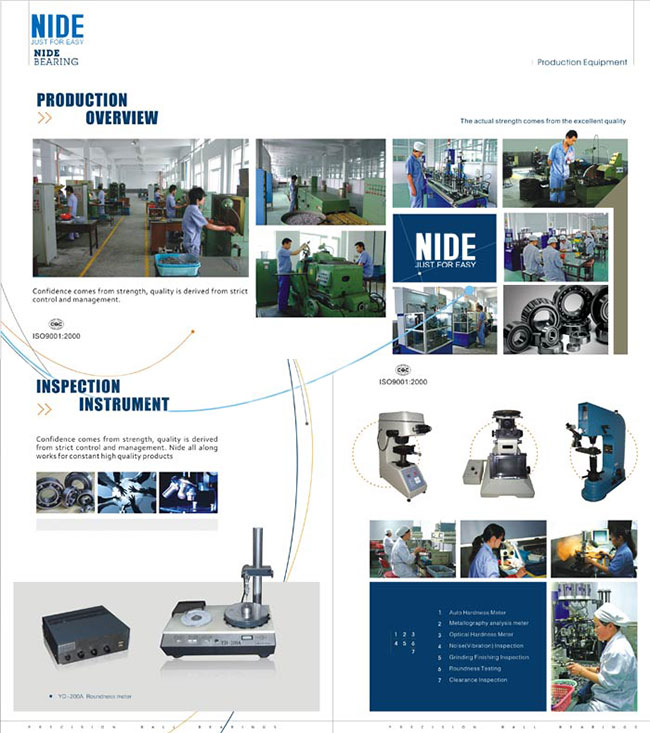
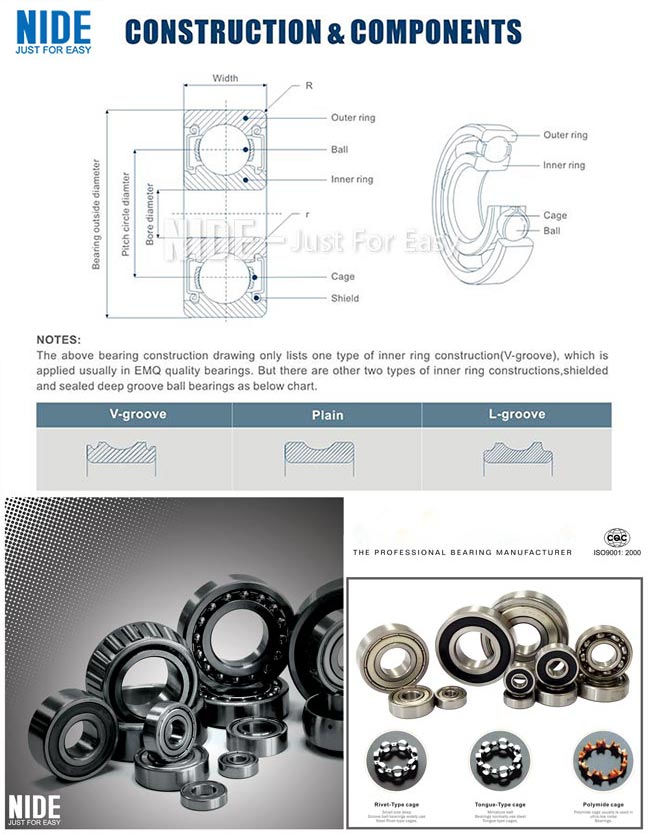
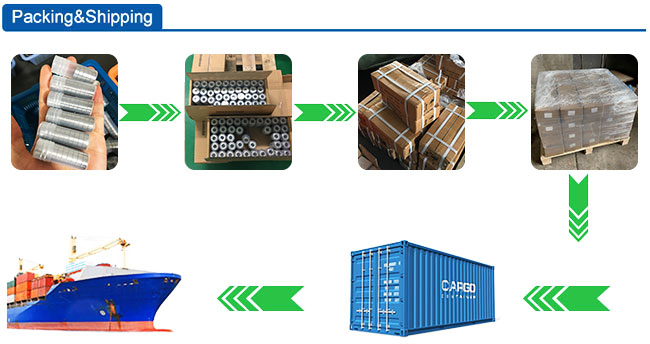
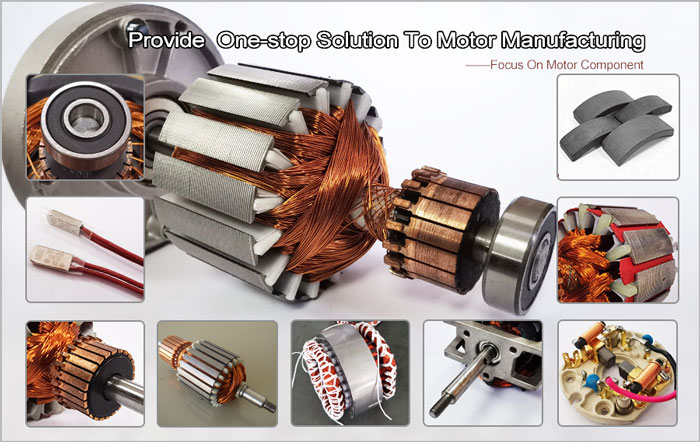
ball bearing canister damascus---FAQs Guide
2.Do ball bearing canister damascus come in various tolerance classes?
3.What are the common materials used in ball bearing canister damascus manufacturing?
4.What are the advancements and innovations in ball bearing canister damascus technology that have emerged in recent years?
5.Can ball bearing canister damascus operate in high-temperature environments like industrial ovens or furnaces, and how are they protected from heat-related damage?
6.What is the load distribution within a ball bearing canister damascus, and how does it vary between different bearing configurations?
7.What is the typical noise level associated with ball bearing canister damascus, and how are noise-reduction techniques applied?
8.How do ball bearing canister damascus handle radial loads, axial loads, and combined loads, and what are their load-carrying capacities?
9.What is the role of ball bearing canister damascus in reducing friction and wear in automotive applications, such as wheel hubs and transmissions?
10.What are the after-sales services available for ball bearing canister damascus?
11.What is a ball bearing?
1.What are the considerations for choosing between open, shielded, or sealed ball bearing canister damascus in specific applications?
While sealed bearings offer superior protection and maintenance advantages, shielded ball bearing canister damascus can be more suitable in situations where minimal friction and operating temperature are crucial. It's essential to assess the operational environment and demands before making a selection.
2.Do ball bearing canister damascus come in various tolerance classes?
Bearing tolerances are standardized by classifying bearings into the following six classes (accuracy in tolerances becomes higher in the order described): 0, 6X, 6, 5, 4 and 2.
3.What are the common materials used in ball bearing canister damascus manufacturing?
Most ball bearing canister damascus are made of a type of steel known as high carbon chromium steel, often called chrome steel. This is used for reasons of cost and durability. Bearings are also made from other materials such as stainless steel, ceramics and plastic.
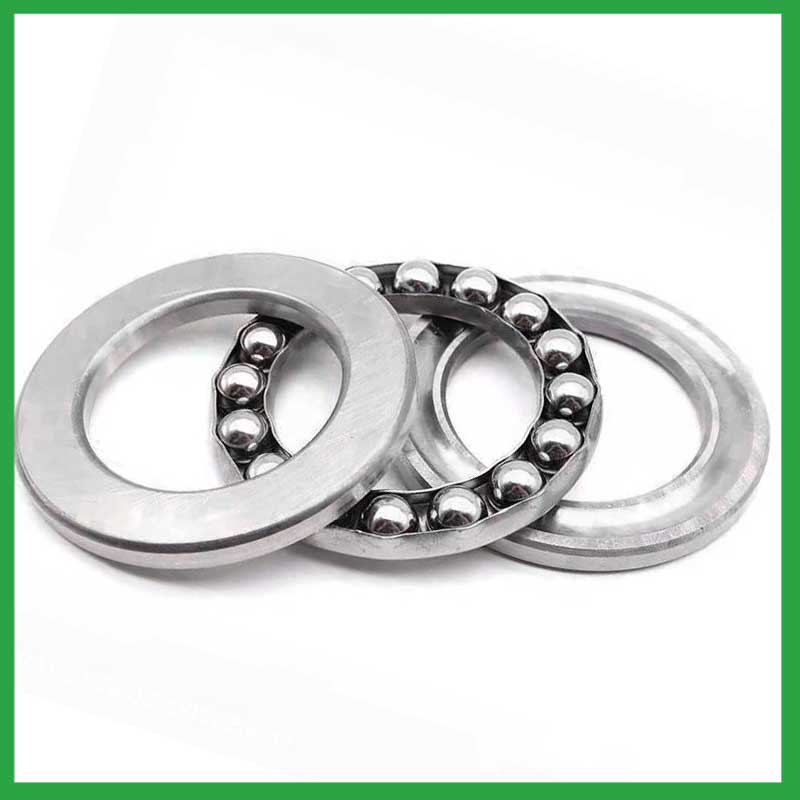
4.What are the advancements and innovations in ball bearing canister damascus technology that have emerged in recent years?
Significant advancements have been made in ball bearing canister damascus steels over the years. Modern, ultra-clean bearing steels contain fewer and smaller non-metallic particles, giving ball bearings greater resistance to contact fatigue.
5.Can ball bearing canister damascus operate in high-temperature environments like industrial ovens or furnaces, and how are they protected from heat-related damage?
ball bearing canister damascus are capable of working at temperatures up to +842°F (+450 °C). Special lubricants, seals and coatings make this possible by protecting the ball bearings from heat damage.
6.What is the load distribution within a ball bearing canister damascus, and how does it vary between different bearing configurations?
The load distribution between the rolling elements and raceway is crucial in performance evaluation of rolling element bearings. Determine the load distribution by measuring the strain response at the bearing surface with a notched housing. Finite element analysis shows that the introduction of notches does not affect the load distribution. An experimental system was developed to investigate the load distribution in a cylindrical roller bearing. The experimental static load distribution agrees well with the theoretical calculation. The dynamic load at specific position of load zone reflects the manufacture difference among rollers and dynamic balance of distributing loads.
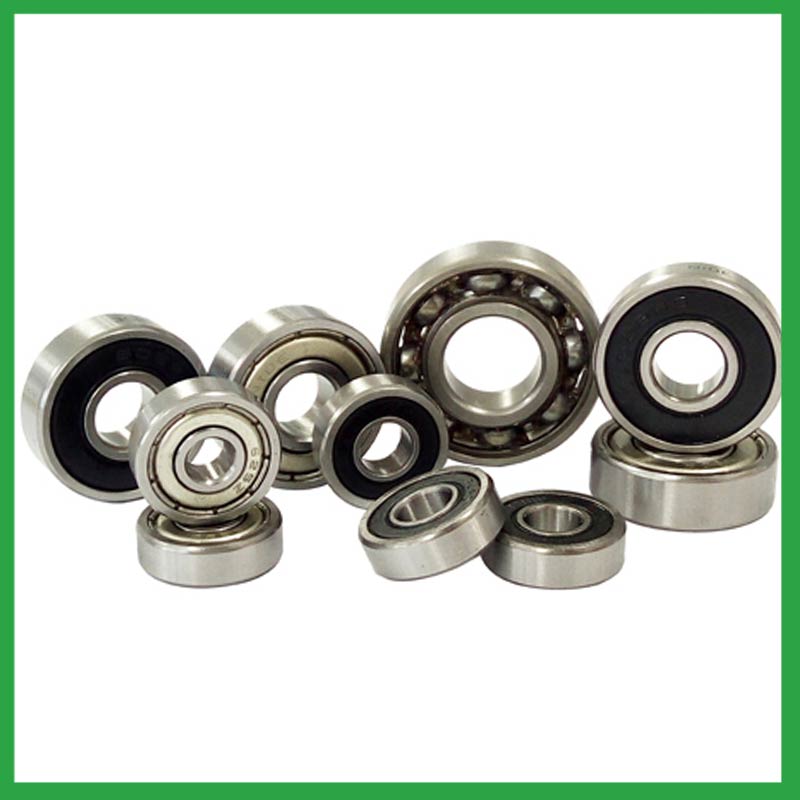
7.What is the typical noise level associated with ball bearing canister damascus, and how are noise-reduction techniques applied?
To measure in accurate way the ball bearing canister damascus noise under rotation during their manufacturing process is a key activity particularly in the production of medium, small and ultra-small deep groove ball bearings. This capability in bearings noise analysis has become the real distinguishing element between a standard bearings noise equipment and a superior class one.
The various types of vibration and sound in rolling bearings can be grouped in four main categories: structural, manufacturing, handling and other. The structural vibration consists mostly of race, click, squeal and cage noise: it can be continuous or intermittent depending on specific cases. The manufacturing vibration is instead related to the waviness noise generated by the geometrical imperfections of inner and outer ring and of rolling elements, being always continuous in nature. The so-called handling vibration is normally associated with flaw and contamination and is generating – in most of the cases – irregular noise. Then there are other types of vibrabition that include noise generated by sealing and lubricant (irregular) or by runout (continuous).
8.How do ball bearing canister damascus handle radial loads, axial loads, and combined loads, and what are their load-carrying capacities?
The type of bearing used also varies between these loads. While deep-groove ball bearing canister damascus are better equipped to handle radial loads, thrust ball bearings are designed for axial loads. However, it's essential to note that most bearings, such as angular contact ball bearings, can handle both radial and axial loads.The Bearing Static Capacity, Co, is the maximum load that can safely be applied to a non-rotating bearing that will not cause subsequent bearing operation to be impaired. It is based on calculated contact stress at the center of the most heavily loaded rolling element where it contacts the Inner Race.
9.What is the role of ball bearing canister damascus in reducing friction and wear in automotive applications, such as wheel hubs and transmissions?
When a load is applied to a ball bearing, the ball bearing canister damascus roll freely between the inner and outer rings. This rolling action significantly reduces friction compared to sliding contact, resulting in smoother rotation and reduced wear.
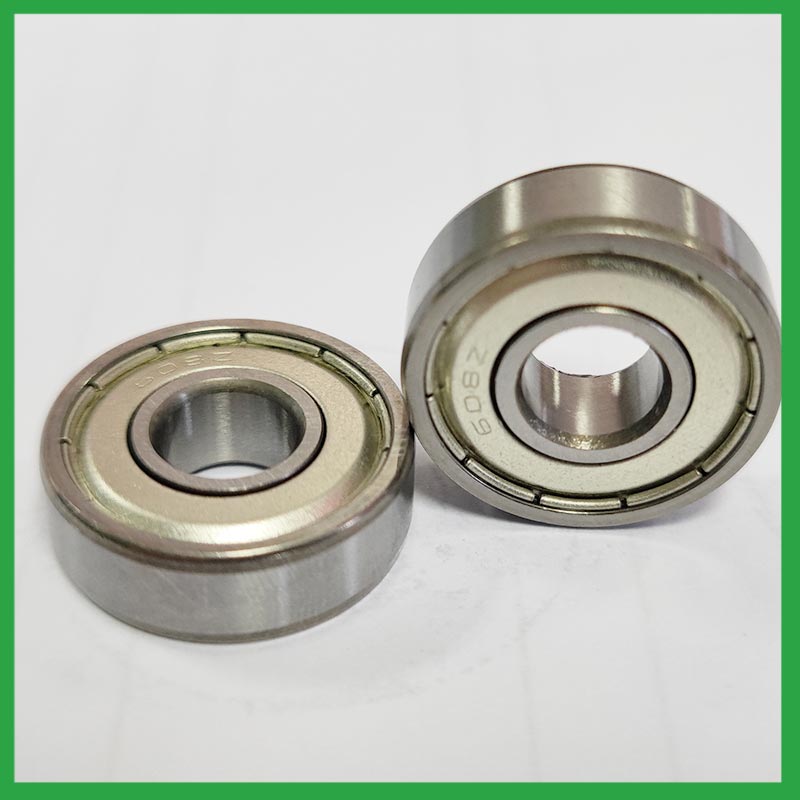
10.What are the after-sales services available for ball bearing canister damascus?
If you find problems or failures in the assembly or use of the bearings , which needs to consult and other services, please feedback to Nide International in time.
11.What is a ball bearing?
A ball bearing is a type of rolling-element bearing that uses balls to maintain the separation between the bearing races.
The purpose of a ball bearing is to reduce rotational friction and support radial and axial loads. It achieves this by using at least two races to contain the balls and transmit the loads through the balls. In most applications, one race is stationary and the other is attached to the rotating assembly (e.g., a hub or shaft). As one of the bearing races rotates it causes the balls to rotate as well. Because the balls are rolling they have a much lower coefficient of friction than if two flat surfaces were sliding against each other.
Ball bearings tend to have lower load capacity for their size than other kinds of rolling-element bearings due to the smaller contact area between the balls and races. However, they can tolerate some misalignment of the inner and outer races.

